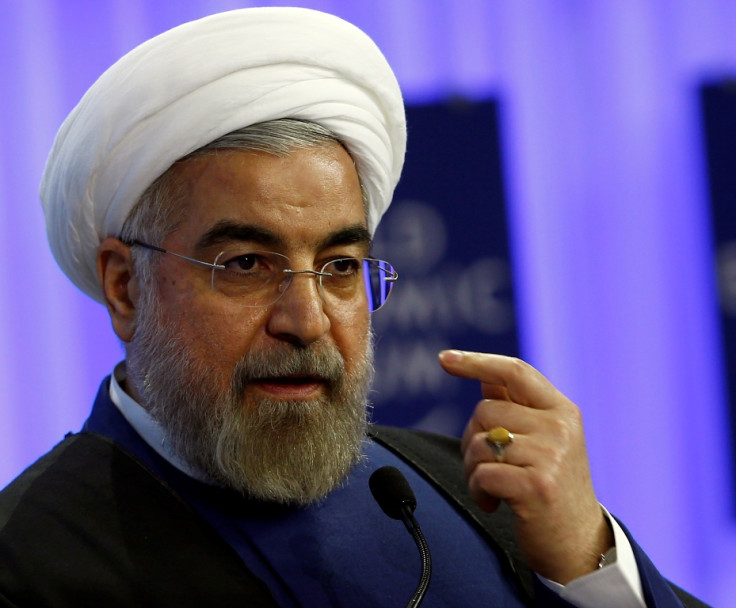Iran Lobbies HSBC and Other Banks to Remove 'Informal Banking Boycott'

The Iranian government is lobbying western banks in an effort to open up funding channels for the import of humanitarian goods.
Reuters reports that the government is urging banks such as HSBC and BNP Paribas to process trade finance transactions for legitimate goods.
Food and medical produce were not subject to the wide-reaching embargo on trade with Iran, but it's understood that banks have been failing to process payments for such purchases for fear of being sanctioned by the Office of Foreign Assets Control (OFAC), the US department that deals with international sanctions.
In May, an IBTimes UK investigation found that UK-based banks were failing to process payments for legitimate business with Iran and, in some extreme cases, cancelling the bank accounts of small businesses that had legitimate trade involving Iran, out of fear of being sanctioned by the US.
One small business owner described how HSBC refused to process payment for a Persian rug purchased from a German vendor, before subsequently cancelling the business's accounts.
Another told us how a number of western banks had cancelled her accounts after her freight company delivered medical supplies into Iran.
Nigel Kushner, CEO of W Legal, a law firm specialising in international trade, says the "banking boycott of Iran" has been ongoing for some time.
He said: "Much trade can occur legally today between the EU and Iran but doesn't for one simple reason, because of the informal banking boycott of Iran. There's not one western bank which will raise its head above the parapet and agree to allow trade to Iran. They're perfectly entitled to for humanitarian goods but won't because they're afraid of the US."
Essentially, banks are failing to fund legitimate business, having being previously fined for conducting sanction-breaching trade by OFAC.
In October 2012, OFAC announced "a $132m agreement with Standard Chartered to settle its potential liability for apparent violations of US sanctions".
One month later, it announced that it had reached a "landmark" settlement worth $1.9bn with HSBC, which was found to be "in violation of the Bank Secrecy Act and US sanctions".
Kushner told IBTimes UK: "These banks are known collectively as the 'strip club banks' because they stripped out, allegedly, references to US dollar payments involving Iran and allowed those payments to be processed."
However, it's understood that having had certain sanctions eased following the breakthrough in negotiations with the west in November 2013, Tehran is now seeking to have the boycott removed.
Three Iranian government officials have spoken with Reuters to confirm they are in talks with banks "to solve the problem", saying: "These sanctions will be lifted sooner or later and we will prefer to work with those banks that helped us under sanctions."
In a statement, HSBC said: "HSBC continues to consider humanitarian payments involving sanctioned countries on a case-by-case basis, including to ensure that they are legitimate, in accordance with applicable regulatory requirements, and otherwise consistent with HSBC policy.
"This review process can be particularly challenging and therefore can take time to conclude. Our policy only requires the freezing of these payments where required under applicable laws and regulations."
© Copyright IBTimes 2025. All rights reserved.






















